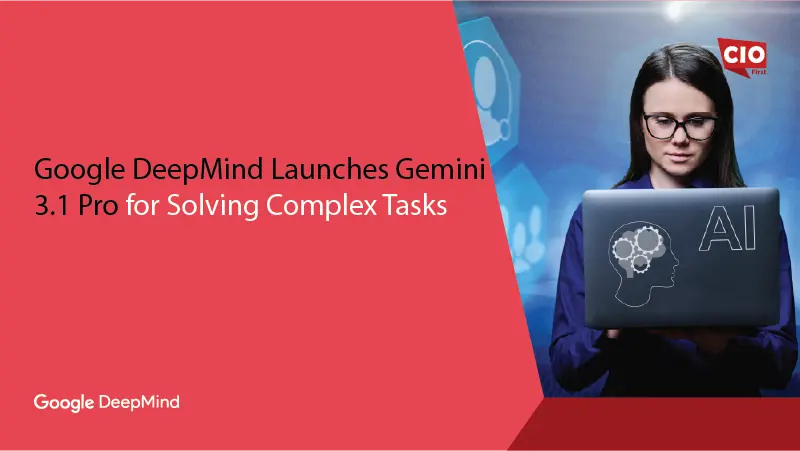There are several competitive benefits to be gained from improved employee experience, greater consumer insight, and enhanced business processes, regardless of whether the organization is just beginning its AI journey or they are employing it across multiple business areas.
Artificial intelligence (AI) is progressively being used by businesses to inform strategic choices or launch new business paradigms.
According to worldwide McKinsey research titled “The State of AI in 2021,” in 2021, 56% of all respondents, up from 50% the year before, report AI deployment in at least one function.
Many enterprises that are just getting started with AI make the error of concentrating too early on the AI technology to utilize or the data to acquire. The truth is that a good AI program relies on people. The employees of the company need to comprehend the significance of KPIs and the proper methods for data collection. Data scientists can employ AI techniques to offer forecasts and commercial insights.
One of AI’s major issues today is the possibility for systems to introduce bias due to the teams who designed them not being sufficiently diverse. Diversified AI teams are required to prevent bias since AI systems depend on data and inputs.
Also Read: Upskilling DevOps is a Key to Building a Resilient Organization
Integrating AI into the workplace
Each use case for AI is different; there is no universally applicable answer. Assess the company first in order to remain competitive: What has to be prioritized, what can be simplified, and how can businesses make the most significant use of their staff members’ time? Where AI fits in their process will be determined with the aid of this knowledge.
Reaching a target goal that accomplishes the main corporate aim might be challenging. Instead, firms must begin small and adopt a crawl-walk-run strategy while focusing on smaller, more manageable goals.
As AI develops, organizations should continue to improve these proxies and apply more precise models. Businesses progressed to more complicated business objectives, like sales, revenue, or even profit, as they improved at forecasting the future.
AI should make better experiences for the workforce, management, clients, and partners possible. If firms are just beginning to use AI, they must think about the most critical areas and the areas with the greatest data, then grow from there.
The study of AI is experimental
Organizations frequently don’t know what they don’t know while doing experiments. In the context of AI, intuition is helpful, but it may be risky if businesses depend on it excessively. Therefore, companies must maintain an open mind and continuously test, measure, and document experiments.
Companies ought to have continuous internal discussions about morality, prejudice, and discrimination. People are passionate about moral AI and want assurance that technology is being applied ethically.
Firms also need to ensure their technology complies with regulations. To understand what businesses can and should do and to take into consideration personal data (GDPR, consent management), companies must collaborate closely with local regulatory organizations.
Also Read: Leveraging Data Mesh to Fix the Organization’s Data Mess
Test, evaluate, and repeat the process
If IT leaders have intuition, they should put it to the test. They must create a robust infrastructure that allows their team to test new ideas swiftly and simply roll them back if necessary. Additionally, especially if they are in a life-threatening environment, they should constantly check their AI and ensure they have a backup strategy in place.
Organizations that do nothing will be left behind in the rapidly evolving field of artificial intelligence. Businesses should invest in the program and stay on top of updates and improvements.
To be competitive, if the firm is just beginning its AI journey, it must start modest yet early. Furthermore, they should utilize resources and contribute to open source while embracing collaboration. The most vital thing to consider is to keep workers, clients, partners, and consumers in mind. In addition, they should discover how AI can be a positive force and address corporate difficulties by putting people first.























